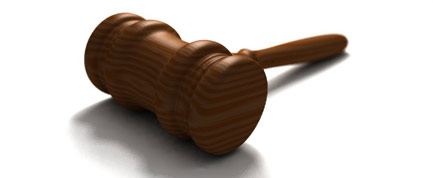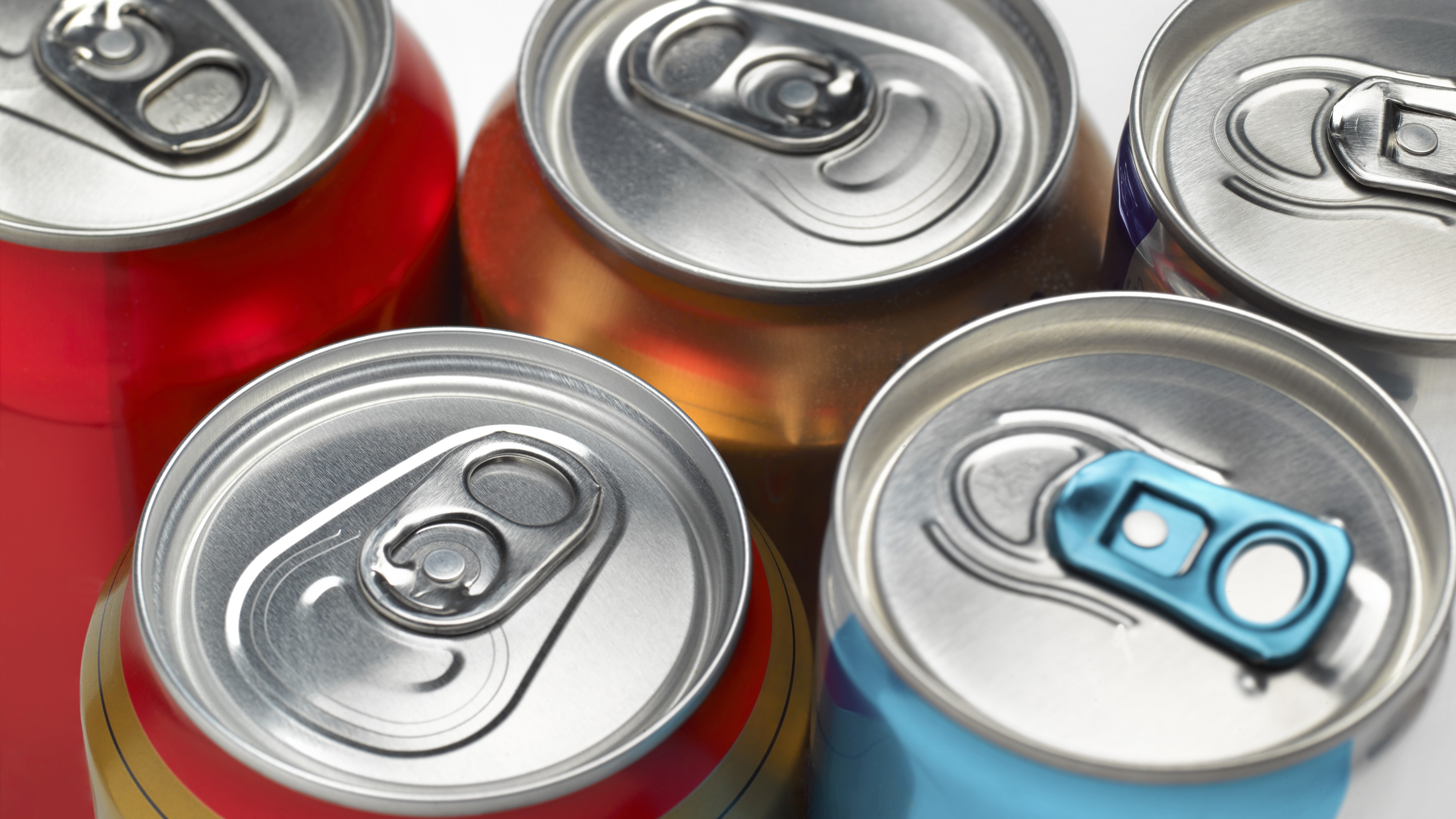Juries Overwhelmingly Side With Doctors in Malpractice Cases

Contrary to popular opinion, juries in malpractice suits side more often with doctors than with patients, according to a new study.
Even when cases are so strong that independent legal experts expect patient plaintiffs to win, juries still side with the defendants half the time.
The study, conducted by University of Missouri-Columbia law professor Philip Peters, analyzed seven prior independent studies that compared jury verdicts from 1989 to 2006 with the opinions of expert reviewers.
Juries, he found, easily recognize weak cases, agreeing with independent experts more than 80 percent of the time when evidence suggests there is no real medical negligence. In cases in which experts would have sided with the plaintiff, however, juries do so only half of the time, suggesting that they tend to sympathize with doctors more than experts do.
"The findings are just stunningly consistent," Peters told LiveScience.
Juries might side with defendants because they take the burden of proof very seriously, said Peters. But it could also be that defendants have "better hired guns than the plaintiffs have," and that they are able to convince the jury that doctors are innocent even if the evidence says otherwise. And perhaps juries simply have a lot of respect for doctors, said Neil Vidmar, a professor at Duke Law School, whose own research—independent of Peters' study, which will be published in the May issue of the Michigan Law Review—shows that juries side with doctors in four out of every five malpractice suits. "Most jurors know their own doctor, and they trust in their doctor," Vidmar said.
Some experts, including Michelle Mello, an associate professor of health policy and law at Harvard University, think that juries should not be asked to decide malpractice cases in the first place. Instead, Mello said, such cases would be better served by "health courts" in which experienced judges make decisions based on certain guidelines and neutral expert testimony.
Get the world’s most fascinating discoveries delivered straight to your inbox.
"It just doesn't make sense to us to ask juries to make these awards," Mello said in a telephone interview. "We could draw on a number of areas of research about how people value states of ill health and disability to think about how to structure these things more rationally."
- Criminal Steals Attorney's Identity
- The NASA Lawyer, Exploding Kangaroos, and the Case of the Missing Corned Beef
- Licensed to Kill: Some Doctors are Real Naturals


